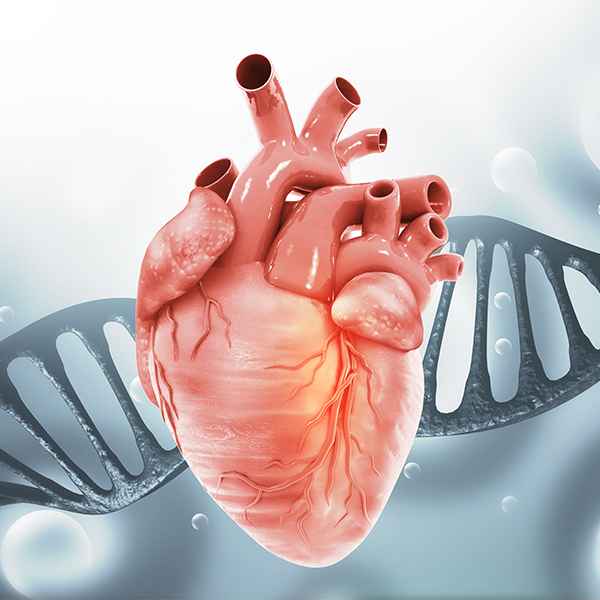PHOENIX — A promising new study from Mayo Clinic, in conjunction with Caris Life Sciences, points to immunotherapy as a possible treatment option for patients with the difficult-to-treat triple negative breast cancer mutation. The study was presented this week at the 50th annual meeting of the American Society of Clinical Oncology in Chicago.
“This study may change our ability to treat triple negative breast cancer patients,” says Barbara Pockaj, M.D., lead investigator of the study and Mayo Clinic surgeon. “We may have signs that these patients can be treated with immunotherapy. We don’t have a lot of options for these patients and this would really expand our options.”
Triple negative breast cancer is an aggressive form of breast cancer that evades the immune system because it lacks expression of genes for estrogen receptor, progesterone receptor and HER2. This limits treatment options. The study examined biomarkers involved in immune evasion including the gene PD-L1 and its association with other biological pathways as potential treatment options. In other cancers, patients who have the PD-L1 gene have been treated with immunotherapy – enhancing the body’s immune system – and some of the results have been dramatic, Dr. Pockaj says.
"This is important because immunotherapy is evolving as an effective treatment for patients with cancer,” she says. “We’ve seen remarkable results with patients with melanoma, renal cell carcinoma and even lung cancer. The question is, ‘Can we expand this type of treatment to patients with breast cancer?’"
The study analyzed 511 triple negative breast cancer samples using a multiplatform approach, including whole genome mRNA expression, protein expression, gene copy number changes and gene sequencing. The study found that 25 to 30 percent had the PD-L1 gene, which means those patients may be candidates for immunotherapy. There is a suggestion that the percentage may be even higher for patients who carry the BRCA1 gene, which produces tumor suppressor proteins. While the results need further investigation, they illustrate how molecular profiling can be used to identify potential treatment targets in triple negative breast cancer and other difficult-to-treat cancers.
“We now want to do validation studies in which we would hope to determine whether those patients who overexpress PD-L1 also have changes in their DNA repair genes,” Dr. Pockaj says. “And if they have both, it suggests the combination immunotherapy and chemotherapy may work.”
Gargi Basu, Ph.D., was the investigator from Caris Life Sciences.
###
About Mayo Clinic
Recognizing 150 years of serving humanity in 2014, Mayo Clinic is a nonprofit worldwide leader in medical care, research and education for people from all walks of life. For more information, visit 150years.mayoclinic.org, http://www.mayoclinic.org and newsnetwork.mayoclinic.org.
Mayo Clinic Cancer Center
As a leading institution funded by the National Cancer Institute, Mayo Clinic Cancer Center conducts basic, clinical and population science research, translating discoveries into improved methods for prevention, diagnosis, prognosis and therapy. For information on cancer clinical trials, call 507-538-7623.
MEDIA CONTACT: Jim McVeigh, Mayo Clinic Public Affairs, 480-301-4222, mcveigh.jim@mayo.edu.






![3086990_096_(Electronic_Presentation)[1]](https://newsnetwork.mayoclinic.org/n7-mcnn/7bcc9724adf7b803/uploads/2014/06/3086990_096_Electronic_Presentation1-245x300.jpg)


